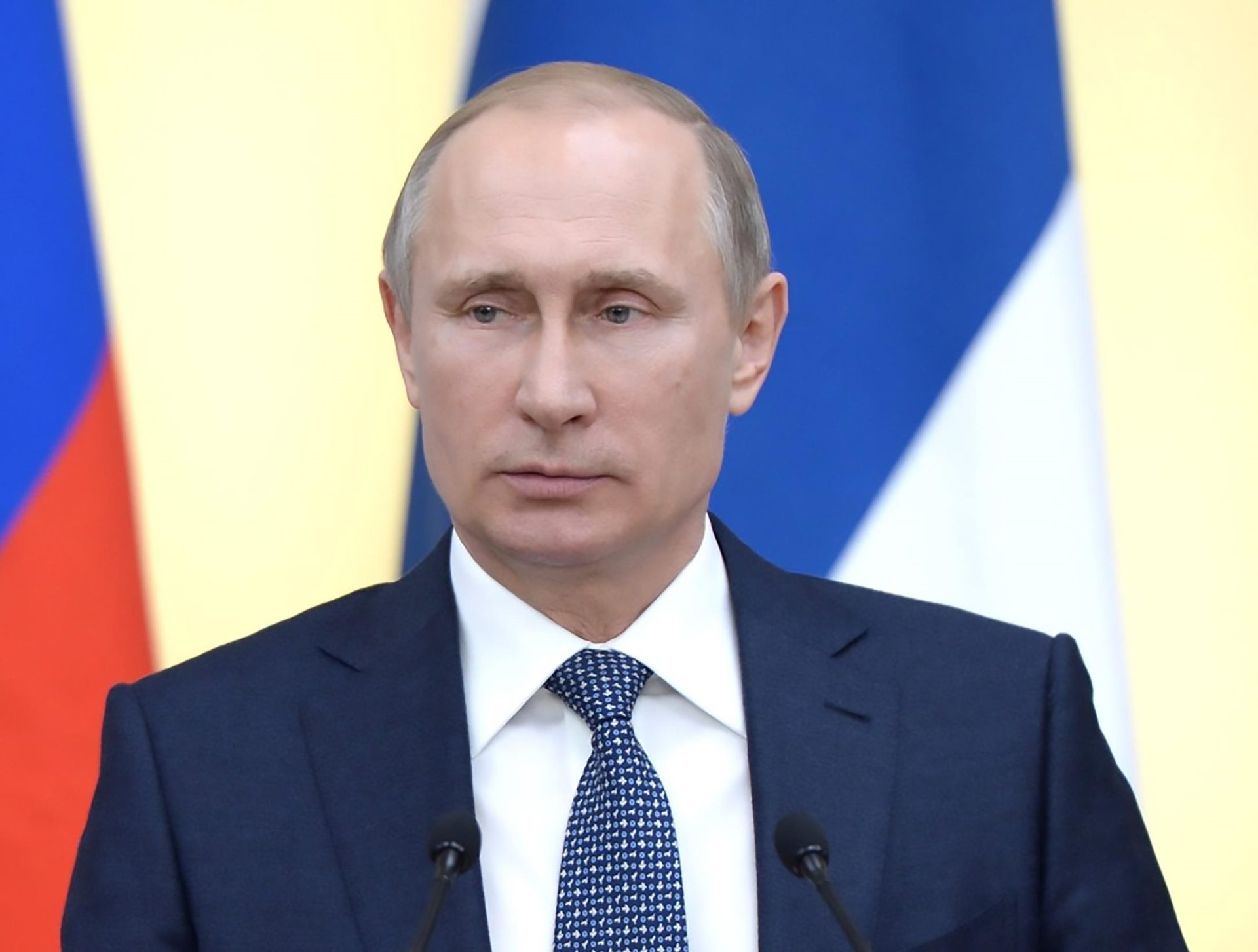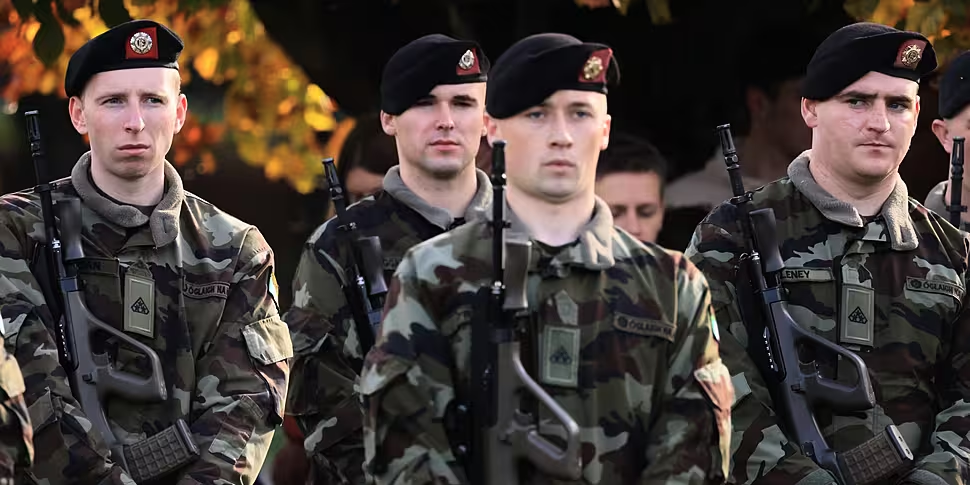Ireland is “vulnerable” and should prepare for the “credible” threat of an attack by Russia on an EU member state, according to a leading security analyst.
It follows comments by Leo Varadkar in the Dáil today who said European leaders are fearful of “autocrats becoming more powerful” and warning that “dark clouds are on the horizon".
“Our geography doesn’t protect us in the way it did in the past; we have to be prepared for the consequences of an attack on an EU country and our response to that,” he said.
On The Hard Shoulder today, former NATO analyst Patrick Bury, a security lecturer at Bath University, said an attack on the EU is possible and identified one particular at-risk country.
“Estonia would probably be most vulnerable at the moment,” he said.
“One of the things highly likely to happen is it would be a hybrid type of attack that would look like an independence movement, trying to succeed from Estonia.
“There would be people, just like in Donetsk in Ukraine, who are pro-Russian and who would be legitimately calling for this and backed by the Russian state in doing it – that’s an issue we will likely face in the long term.”
 Russian President Vladimir Putin is pictured in 2016. Picture by: Pictorial Press Ltd / Alamy Stock Photo
Russian President Vladimir Putin is pictured in 2016. Picture by: Pictorial Press Ltd / Alamy Stock PhotoMr Bury said there are threats from further afield too.
“The bigger [threat] looming is whether there will be a war between China and the US over Hong Kong – that’s the one that has most analysts worried,” he said.
“Some intelligence agencies expect that could happen in 2027, or from then.
“You do have a rise of autocrats and there are emerging alliances between the likes of Russia, Iran and China – with North Korea providing a lot of munitions there too.”
Unprepared
Mr Bury said Ireland is unprepared for an attack.
“Any of those nations can conduct cyber-attacks; we’ve already had the Russians sniffing around the southwest coast showing how vulnerable our fibre optic cables are,” he said.
“Then you have espionage and cyber elements to these states that can target our multinationals, pharmaceuticals and IT.”
Recruitment crisis
Lieutenant Colonel Conor King said the Defence Forces are not where they should be.
“At the moment we have a situation in the Defence Forces where we have a retention and recruitment crisis,” he said.
“Since February 2022, we were at a strength of 8,500 and we’re now at 7,500.
“It’s been widely reported the Naval Service has only been able to crew one vessel over the last number of months and we’re supposed to have a balanced fleet of nine which should be double crewed.
“There’s no time to waste, the Defence Forces are falling further and further behind in terms of attractiveness as a career.”
The defence sector in Ireland was allocated €1.23 billion in 2024 – which is expected to rise to €1.5 billion by 2028.
You can listen back here:
Main image: Members of the Defences Forces prior to their departure for deployment to Lebanon as part of UNIFIL, 21-10-23. Image: Eamonn Farrell/© RollingNews.ie









